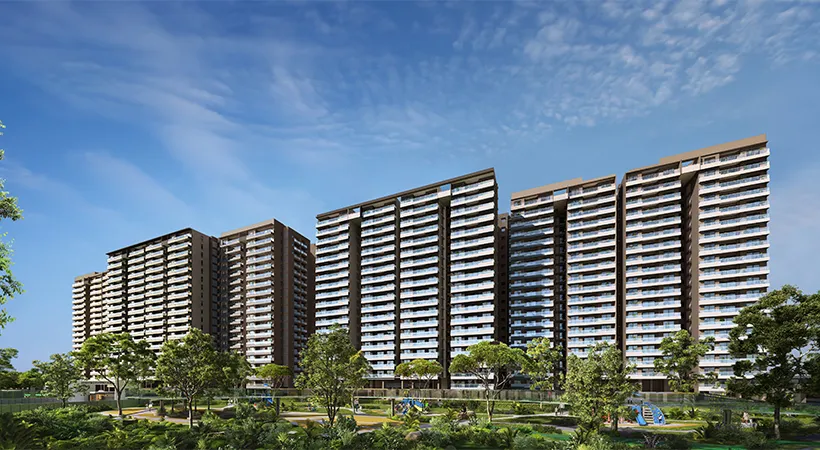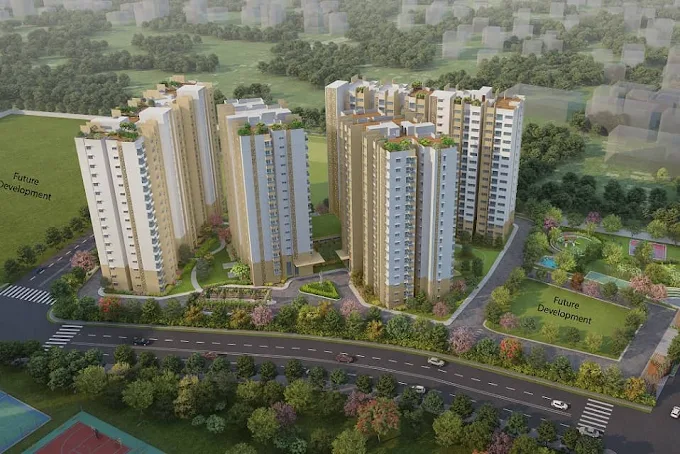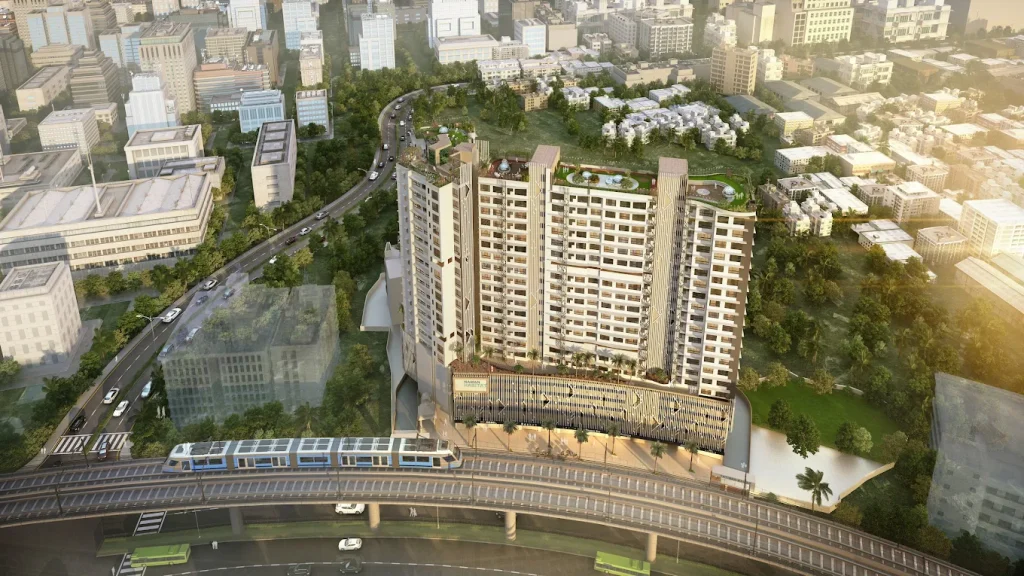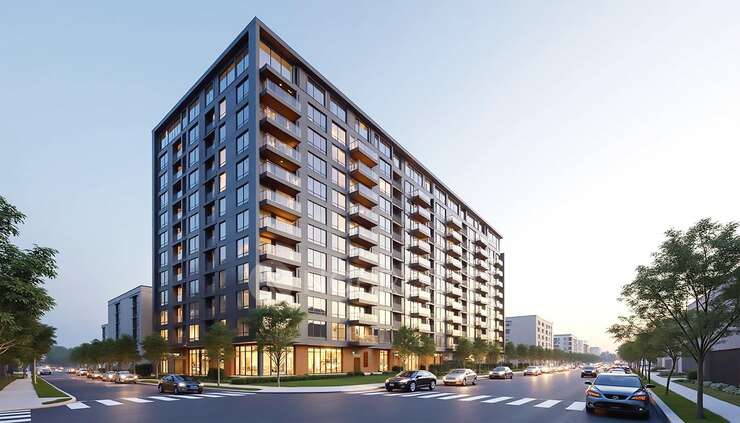
Understanding the related stamp duty and registration fees is crucial when buying property in Delhi because they have a big influence on the total cost. The government requires these fees in order to legalize real estate transactions and guarantee accurate documentation. In 2025, Delhi’s registration and stamp duty fees are set up to encourage property ownership while guaranteeing the state makes money.
Stamp Duty Rates in Delhi (2025)

In Delhi, the rates of stamp duty, a tax imposed on real estate transactions, differ according to the location of the property and the gender of the buyer. The following are the standard rates:
- Male Buyers: 6% of the property’s market value.
- Female Buyers: 4% of the property’s market value.
- Joint Ownership (Male & Female): 5% of the property’s market value.
In Delhi, the rates of stamp duty, a tax imposed on real estate transactions, differ according to the location of the property and the gender of the buyer. The following are the standard rates
- NDMC Area:
- Male Buyers: 5.5%
- Female Buyers: 3.5%
- Joint Ownership: 4.5%
- Delhi Cantonment Board Area:
- All Buyers: 3%
These variations aim to account for the unique administrative considerations within these jurisdictions.
Registration Charges in Delhi (2025)
In addition to stamp duty, buyers are required to pay registration charges to officially record the property transaction. As of 2025, the registration charge in Delhi is uniformly set at 1% of the property’s market value, regardless of the buyer’s gender or the property’s location. An additional pasting fee of ₹100 is also applicable.
For instance, if a property is valued at ₹50 lakh, the registration charge would be ₹50,000, plus the ₹100 pasting fee.
Transfer Duty on Property Registration

Transfer duty is an additional fee levied during the registration of property transactions, such as sale deeds or gift deeds. In July 2023, the Delhi government approved a proposal to increase the transfer duty by 1% for properties valued over ₹25 lakh. The revised rates are:
- Male Buyers: 4% (previously 3%)
- Female Buyers: 3% (previously 2%)
Properties valued below ₹25 lakh continue to attract the old rates. This increase aims to boost the revenue of the Municipal Corporation of Delhi (MCD) and address financial challenges.
Step-by-Step Process for Payment
- Visit the E-Stamping Portal: Go to the official Stock Holding Corporation of India Limited (SHCIL) website.
- Fill in Details: Enter buyer, seller, and property transaction details.
- Calculate Charges: Use the online calculator to determine the exact stamp duty and registration fee.
- Make Payment: Pay through net banking, debit/credit card, or UPI.
- Generate E-Stamp Certificate: Once payment is completed, download the e-stamp certificate.
- Visit Sub-Registrar’s Office: Schedule an appointment and visit the Sub-Registrar’s Office for final documentation.
Documents Required for Registration
To register a property in Delhi, the following documents are mandatory:
- Sale Deed (Original and Copies)
- Identity Proof of Buyer and Seller (Aadhaar Card, PAN Card, Passport)
- Property Documents (Title Deed, NOC, Encumbrance Certificate)
- E-Stamp Certificate
- Payment Receipt for Stamp Duty and Registration Charges
- Recent Passport Size Photographs
Exemptions and Concessions
Certain exemptions and concessions apply to stamp duty and registration charges:
- Government Projects: Properties acquired under government housing schemes may get partial waivers.
- Senior Citizens and Disabled Persons: Eligible for discounted rates.
- Women Empowerment Schemes: Women buyers purchasing properties under specific schemes may receive additional benefits.










